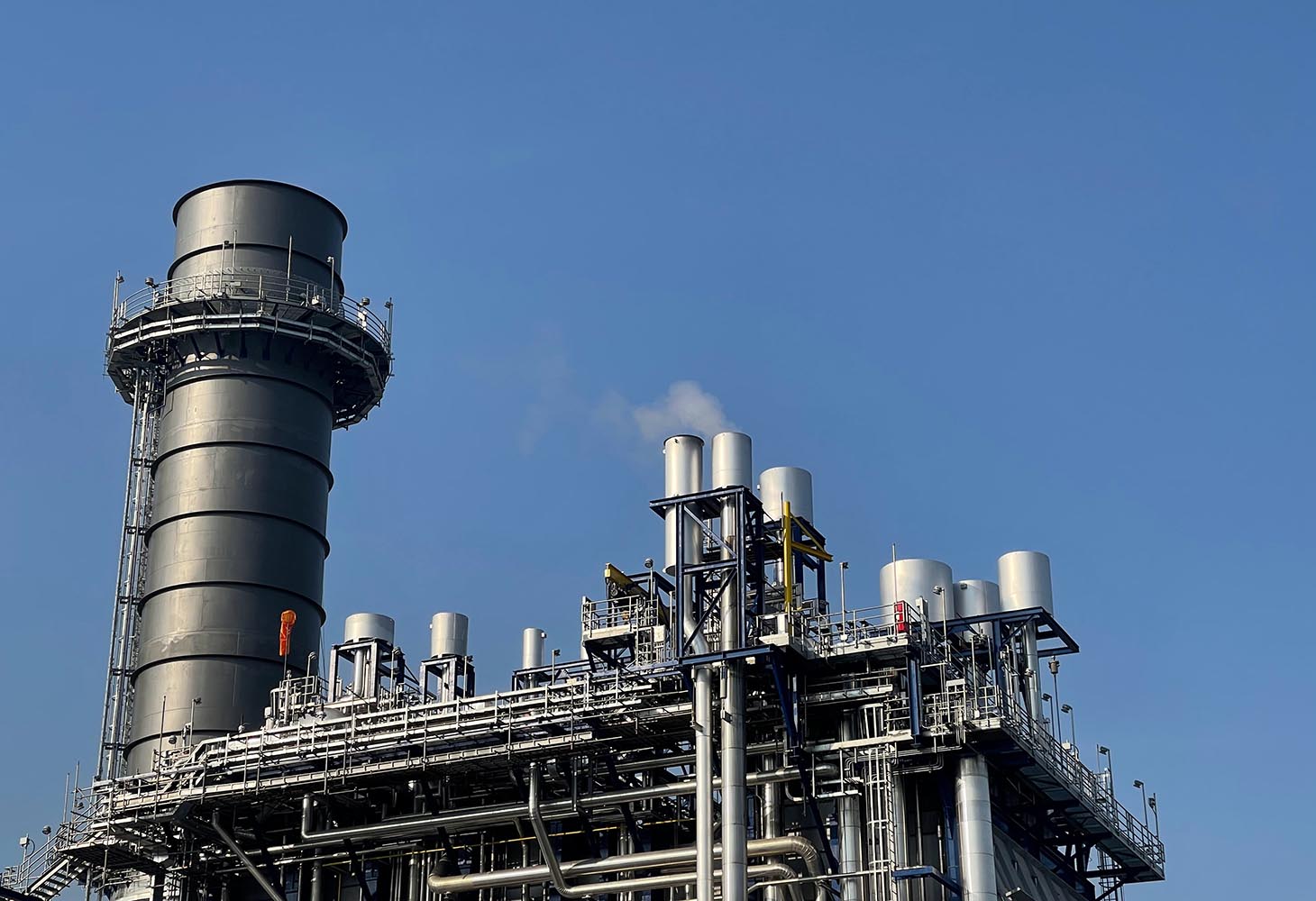
Infineum targets net zero Scope 1 and 2 GHG emissions by 2050
Infineum announced today its ambition to reach net zero for Scope 1 and Scope 2 greenhouse gas (GHG) emissions by 2050. This represents an extension of the UK-based fuel and lubricant additive manufacturer’s current efforts to reduce operational GHG emissions intensity to 20% by 2025. Infineum is the 50-50 additives joint venture between Shell and ExxonMobil.
The Greenhouse Gas Protocol defines Scope 1 as direct emissions from owned or controlled sources. Scope 2 covers indirect emissions from the generation of purchased electricity, steam, heating and cooling consumed by the reporting company. Scope 3 includes all other indirect emissions that occur in a company’s value chain.
Infineum said it is also working towards a significant reduction in its overall supply chain GHG emissions. Provisional roadmaps have been defined to achieve these ambitions and will continue to be refined over the coming years in collaboration with its suppliers and customers.
Infineum’s new ambitions support the GHG emissions reduction trajectory goal of the Paris Agreement:
Scope 1 & 2
- 50% GHG emission intensity reduction by 2030 for operated assets
- Net zero by 2050 for operated assets
Since 2018, Infineum has achieved a 14% reduction in GHG emissions intensity of its operations. This was achieved primarily through operational improvements, particularly in energy efficiency. Achieving the 50% reduction ambition by 2030 will require further operational improvements and increased use of renewable energy sources. Infineum is working with its energy providers and site partners to cost-effectively expand solar farms, improve renewable energy mix and optimise its facilities. Capital investment in Infineum’s manufacturing facilities will continue, particularly for its ambitions beyond 2030, the company said.
Scope 3
Infineum said it is committed to helping its customers achieve their GHG emissions objectives by utilising a life cycle assessment (LCA) approach. Infineum expects that its efforts could reduce Scope 3 emissions by about 20% by 2030, while still meeting society’s demand for its products.
Infineum is committed to helping its customers achieve their GHG emissions objectives. To support this, Scope 3 upstream and downstream emissions have been characterised using the GHG Protocol Scope 3 Standard. Infineum has also completed a comprehensive lifecycle analysis of its product lines using relevant ISO standards and the GHG Protocol Product Standard. This has provided insights into the key sources of Scope 3 GHG emissions and potential approaches to reduction, it said.
Similar to Scope 1 and Scope 2, Infineum is working with its upstream suppliers to increase efficiency and improve energy mix. This is expected to result, for example, in the use of re-refined base oils in the manufacture of Infineum products and increased incorporation of renewable raw materials. Infineum is setting a Scope 3 ambition to help drive the necessary innovation and investment in its industry towards increasing the supply of products with lower GHG emissions.
The company said that ultimately, the extent of achieving its ambitions could vary depending on various factors, including Infineum’s ability to execute operational objectives, supportive changes in laws and regulations, and other market factors.
“The progress we’ve made so far on our sustainability journey has given us confidence to
extend our GHG emissions reduction ambitions, including scope 1 & 2 ambitions to net zero,” said Trevor Russell, Infineum CEO. “This will enable us to provide lower carbon solutions to help our customers reach their own decarbonisation objectives. It also represents a key step in achieving Infineum’s vision to transform into a world-class, sustainable specialty chemicals company and live our purpose to create a sustainable future through innovative chemistry.”
Avoided emissions
Avoided emissions refers to the impact of a product relative to alternatives. Infineum said it has been investing in new additive technology for many years to help engines operate more efficiently, enabling improved fuel economy, emissions system protection and overall resource optimisation.
“This effort is now also contributing to the global aim of reducing GHG emissions, helping the transition to a lower carbon economy. It is important that the benefits of in-use avoided emissions are not compromised in the decarbonisation of the additives industry and its products. Accordingly, Infineum is working with its customers to understand how to achieve the right balance of lower product carbon footprint and in-use performance,” the company said.
“We must continue to work with our customers in optimising the performance of our products while also decarbonising our operations and introducing more circularity into the additives industry. Finding the right balance is what’s best for the planet and will enable our industry to be resilient through the energy transition,” said Russell.












